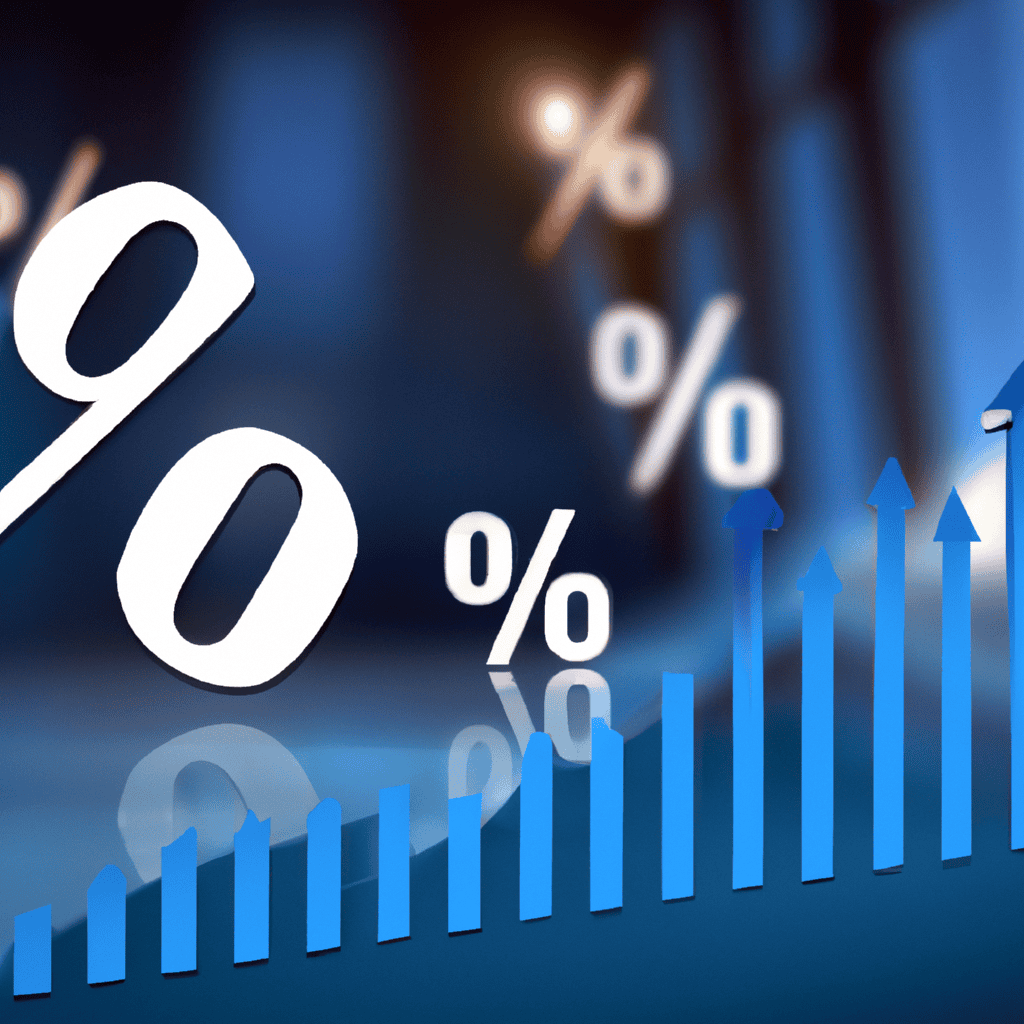Rising prices of meat, fish, seafood, dairy products, oils, fats, fruits, vegetables, and confectionery in June have significantly impacted the Consumer Price Index, resulting in an inflation rate increase to 6.7 percent for the month. After reaching a ten-year high of 7.1 percent in April, inflation saw a decrease to 5.8 percent in May before climbing again in June.
The Reserve Bank of Fiji anticipates inflation levels to stabilize between 4 and 5 percent by the end of the year. The recent surge in inflation, attributed to higher food prices, was highlighted in the bank’s latest economic review.
According to the Reserve Bank, the annual headline inflation rate rose to 6.7 percent in June from the previous month’s 5.8 percent. Increases in prices were observed across various categories, including food and non-alcoholic beverages, alcoholic beverages, tobacco and narcotics, transportation, housing and utilities, as well as restaurant services.
Detailed data from the Fiji Bureau of Statistics indicates that the rise in food prices was driven by higher costs in meat, fish, dairy products, oils, fats, fruits, vegetables, and other food items, which were the primary contributors to the fluctuations in the June Consumer Price Index.
The Bureau of Statistics employs two inflation measurement methods: one assesses the average CPI over the past twelve months against the prior twelve months, while the other compares the CPI for the current month with that of the same month in the previous year.
For the twelve months ending June 2024, the average annual inflation rate stood at 4.3 percent, while the month-on-month inflation rate for June 2024 compared to June 2023 was recorded at 6.7 percent. The Reserve Bank of Fiji expects inflation to moderate from this month onward and to remain between four and five percent by year-end.
